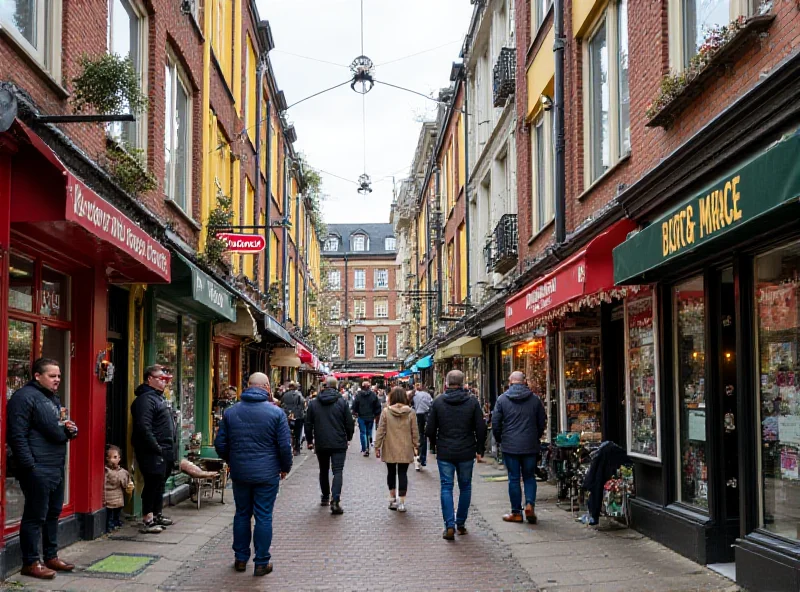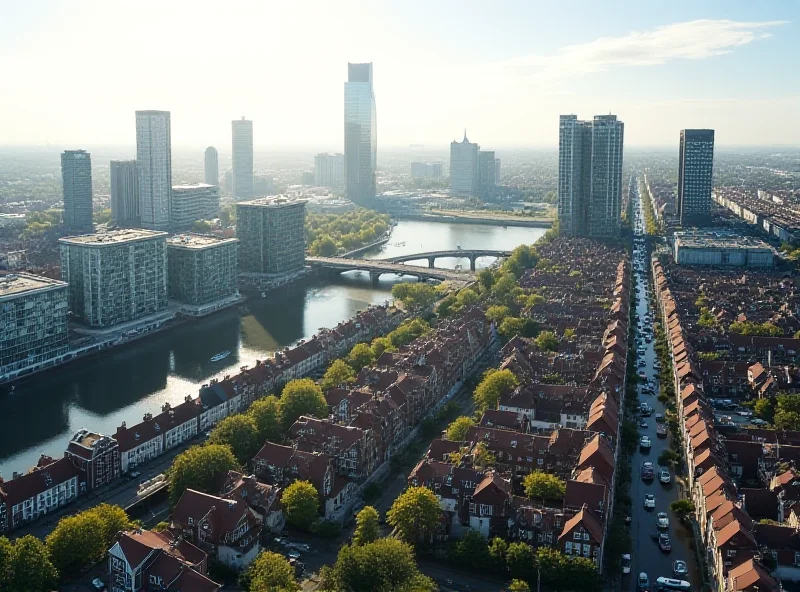This week brings a mix of troubling legal outcomes, ongoing geopolitical tensions, and urban planning challenges. From a shocking crime in Germany to the unwavering stance of Ukraine's president and the complex evolution of Hamburg, here's a look at the key headlines.
Life Behind Bars for Bundeswehr Soldier
A Bundeswehr soldier has been sentenced to life imprisonment for the murder of a three-year-old girl, two women, and a man. The victims were connected to the soldier's former wife. The court determined that his profession as a soldier played a significant role in the commission of these heinous crimes. The trial took place in Verden, Lower Saxony, and the verdict brings a somber close to a deeply disturbing case that shocked the nation. Reports indicate the soldier, identified as Florian G., acted with "military precision" in the execution of the murders, viewing his victims as enemies. He reportedly stated he "felt as if he were on a mission."

This case highlights the potential dangers of radicalization and the importance of mental health support within the military. The brutality and calculated nature of the crimes have left the community reeling. The sentencing hopefully provides some measure of closure for the victims' families.
Selenskyj Rejects Apology, Ukraine Remains Resilient
Ukrainian President Volodymyr Selenskyj has rejected an apology related to an unspecified scandal during a recent interview with Fox News. The interview underscores the ongoing challenges and political complexities facing Ukraine as it continues to defend its sovereignty. Despite these challenges, European solidarity with Ukraine remains strong.
Adding to the political landscape, former U.S. President Donald Trump has stated that Selenskyj could return if he is ready for peace negotiations. Furthermore, a planned raw material deal between Ukraine and an unmentioned party has reportedly not been signed. All developments are being continuously updated in a live blog, providing real-time information on the evolving situation.

Hamburg's Urban Integration: A City in Transition
Hamburg is experiencing rapid growth, leading to significant urban planning initiatives. A new district is emerging in the city center, with plans to integrate it with Veddel, a smaller district with a significant immigrant population facing various socio-economic challenges.
The success of this integration remains uncertain. Can the new district seamlessly merge with the existing community of Veddel? The project aims to address disparities and create a more cohesive urban environment. However, the potential for cultural clashes and economic inequalities remains a concern. "This is a crucial test for Hamburg," says urban planner Erika Miller. "The integration of Veddel will determine the future of the city's social fabric."

The outcome of this urban planning endeavor will undoubtedly serve as a model for other cities grappling with similar challenges of growth and integration.

